
Top 10 things to keep in mind for your tax filing
Top 10 things to keep in mind for your tax filing
Filing tax returns can be tricky, confusing and you ought to be cautious while filing your tax returns.
So, let us give you some basic tips to follow while filing your tax returns. These tips will help in avoiding common mistakes to ensure that your taxes are filed properly and you obtain the maximum refunds.
1.Filing for an extension
You can easily file for an extension in the timeline of your tax return filing but, an extension in the due date for tax payment cannot be done. You might have the thought that you may end up having taxes to pay once your return filing is completed. So, you should pay whatever amount you owe to the IRS by the July deadline so that you could do reconciliation after the returns have been filed successfully. If you do not pay your taxes by the deadline, you might have to pay a penalty which you should try to avoid.
2.Document your charitable contributions meticulously
Nowadays, charitable contributions are getting a lot of scrutiny from the IRS. So, if you are planning to claim charitable contributions as itemized deductions in your tax returns then you must have written acknowledgment from charitable organizations for contributions made of $250 or more. The contribution made can only be claimed if they are made to a qualified organization. In case of your contribution being less than $250, you must keep a list or record of what you contributed and to whom.
3.Know about new due dates for some tax returns
There might be some information forms that would be needed by you for filing your tax returns might be having different due dates than that of your tax returns. So, you need to be alert and visit the IRS’s website for the information on these new due dates.
4.Need for amendment
Many taxpayers have to file amended tax returns due to reasons like receipt of updated Forms 1099, Schedules K-1, and other information forms later than filing your actual tax returns. You need to be aware of the factor that if you are receiving any rectified information returns ad you have already filed your tax returns then you would not have to amend your returns if the difference is not more than $100 in your income or not more than $25 in your withholding. In these cases, your information and filing both would be considered as correct and no penalty would be charged.
5.Expiry of your ITIN
If you are using your ITIN for tax returns filing, then you must be careful about your ITIN being expired. If your ITIN has not being used for filing federal tax returns once within three years then your ITIN must have been expired and it needs to be renewed. You can renew your ITIN by submission of Form W-7 and the necessary documents as well. If you are filing your tax returns without a valid ITIN or without submitting a renewal application for your ITIN then there might be adjustments made into your tax returns. Your income tax return would be processed but you would not receive the refunds and any exemptions claimed on the income tax return would be denied to you.
6.Disaster losses
In case of any loss incurred in an area that has been federally declared disaster area, the losses can be claimed as an itemized deduction on your federal income tax returns. This loss must be related to your home, your vehicles, or any household items and the amount which you can deduct are reduced by any insurance payment which you have received or reduced by any salvage value of your property. These losses can be deducted on Schedule A of Form 1040 for the year in which the losses have occurred.
7.ID Theft
The tax season is the best season for identity thieves. You must be very vigilant and should try to keep your financial information secure. You should not send your financial information to a tax preparer by electronic medium if the medium is not encrypted. Moreover, you should be careful about phishing scams which can be in the form of fake email, text, or anonymous phone call.
8.Private debt collectors on the job
There has been a relative change in the IRS procedure i.e. the use of private debt collectors for certain federal bills that are overdue. If your tax debt is to be collected by debt collection agencies then you would be notified by a letter that confirms this. The collection agencies would send collectors who can be said as IRS contractors and any check you pay would be addressed to the IRS.
9.Query resolution with the IRS
Your queries on tax returns can be addressed by the Interactive Tax Assistant present on the IRS. This can be helpful for you in resolving your queries and thus, assisting you in filing your tax returns correctly.
10.Selection of your tax preparer
If you are planning to hire a tax preparer for preparation of your tax returns then you must obtain referrals, check the credentials of the tax preparers, interview them, and understand the method they use to bill, etc. These are the vital information that you must collect and you must check if they have a PTIN (IRS Preparer Tax Identification Number) or not which is mandated by the law.
Conclusion
Hence, you can follow these tips and file your tax returns successfully on time without facing any inconvenience or difficulties.



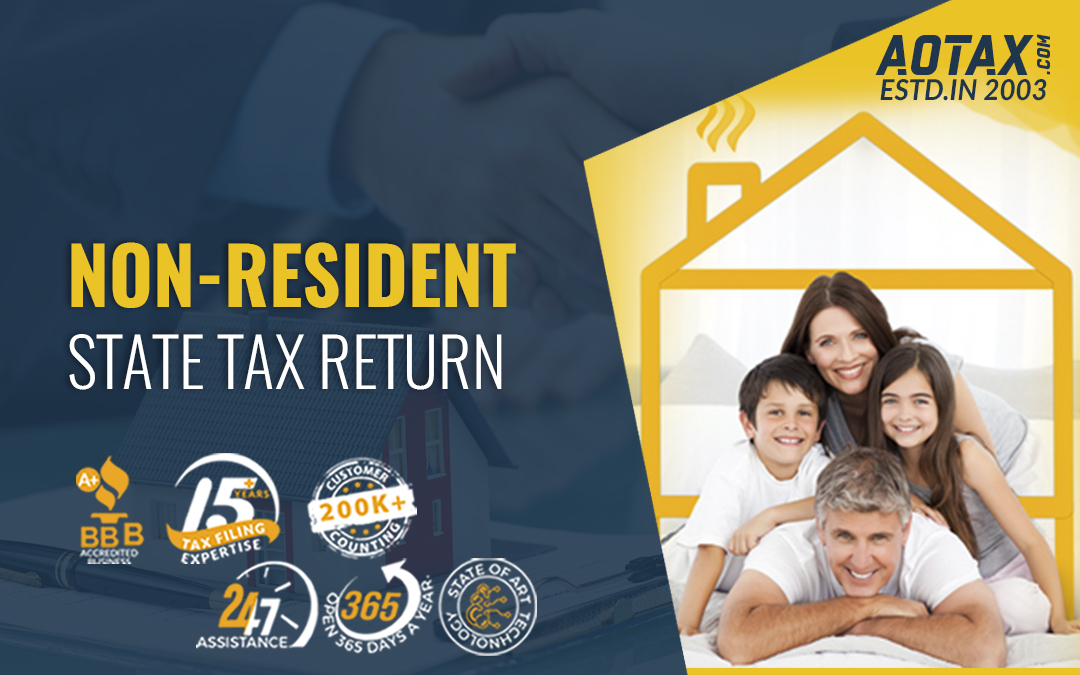











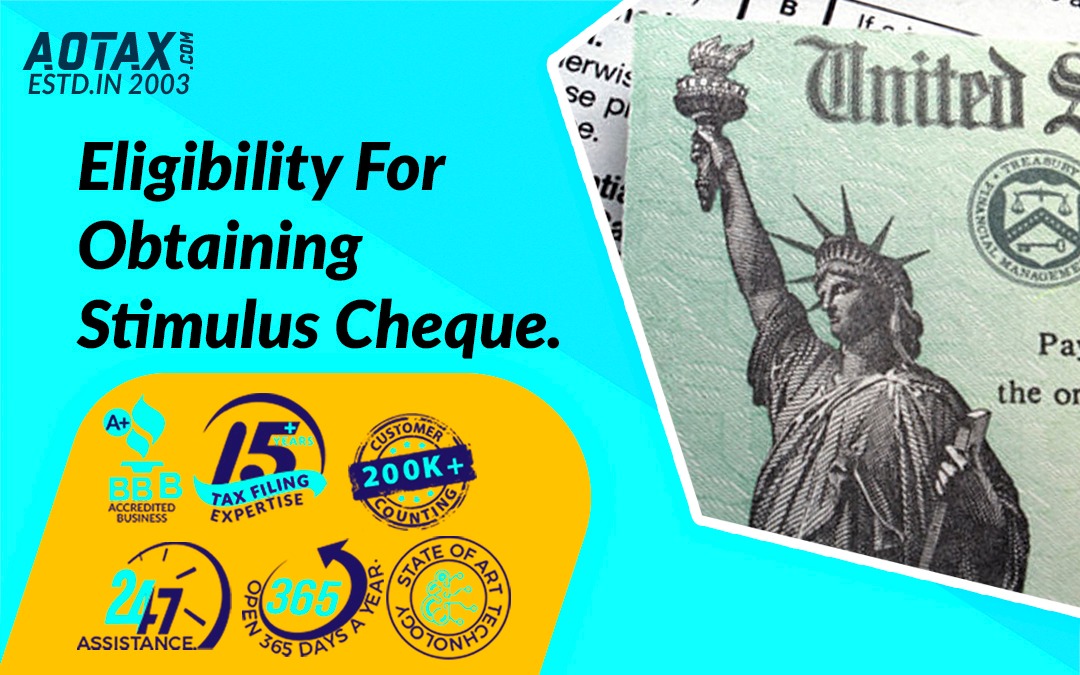



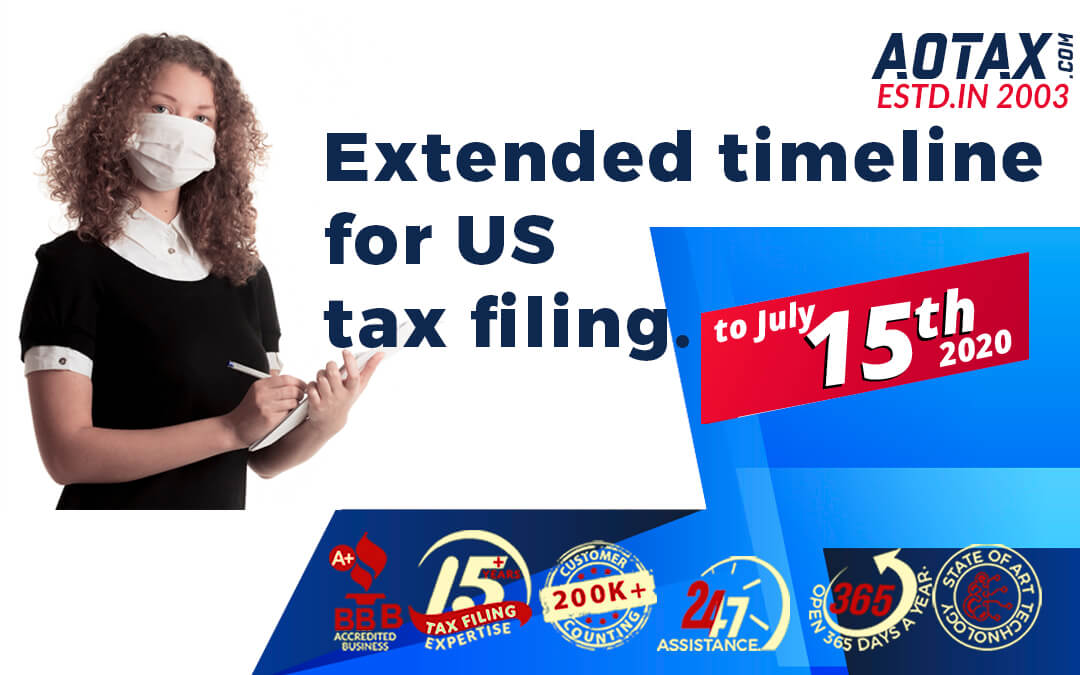

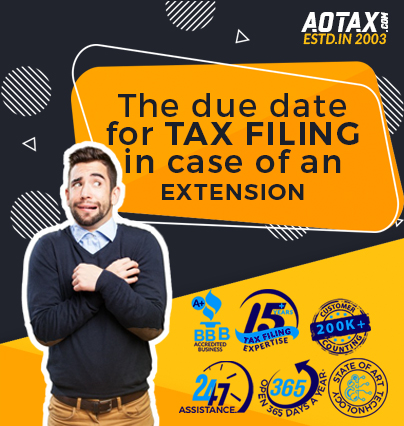
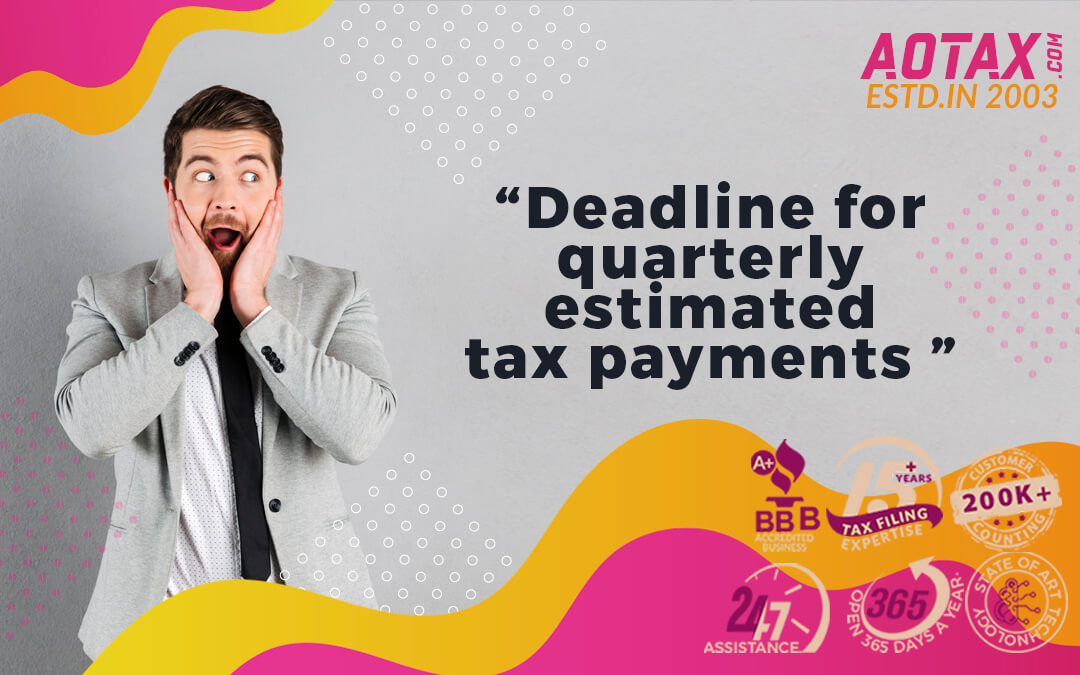
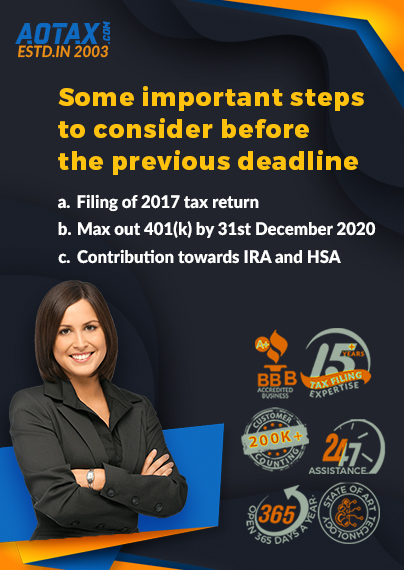
Recent Comments